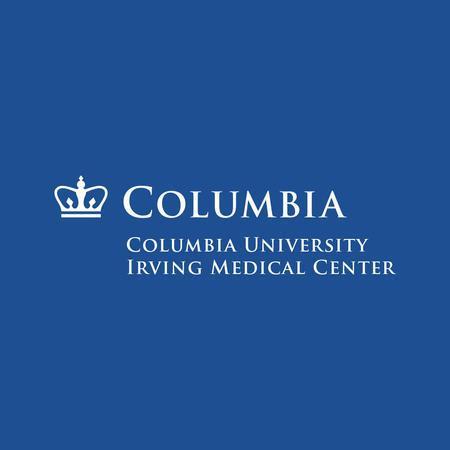Barry Michael Fine, MD, PHD
Photos
622 W 168th St
New York, NY 10032
Barry Fine MD PhD is a physician scientist whose clinical and research interests center on cardiogenetics and molecular cardiology. His research utilizes stem cells and engineered human heart tissue to model cardiac disease for drug and gene therapy discovery. His lab is one of the main sites of the NIH funded tissue engineering resource center (www.nextgenterc.com) whose mission is to improve disease modeling across all organs by advancing tissue engineering. Using these cutting-edge methods, Dr. Fine has active research areas involving heart attacks (myocardial infarction), inherited disease of the heart muscle (cardiomyopathies) and novel druggable signaling pathways in heart cells to improve heart function. Additionally, Dr. Fine is also involved in experimental gene therapy trials for patients with inherited cardiomyopathies and arrhythmias through his cardiogenetics clinic. He is currently the Esther and Oded Aboodi Scholar and an Assistant Professor of Medicine in the Division of Cardiology as well as the assistant program director of the cardiology fellowship. Fine Heart Lab
Also at this address
Owner verified
See a problem?








